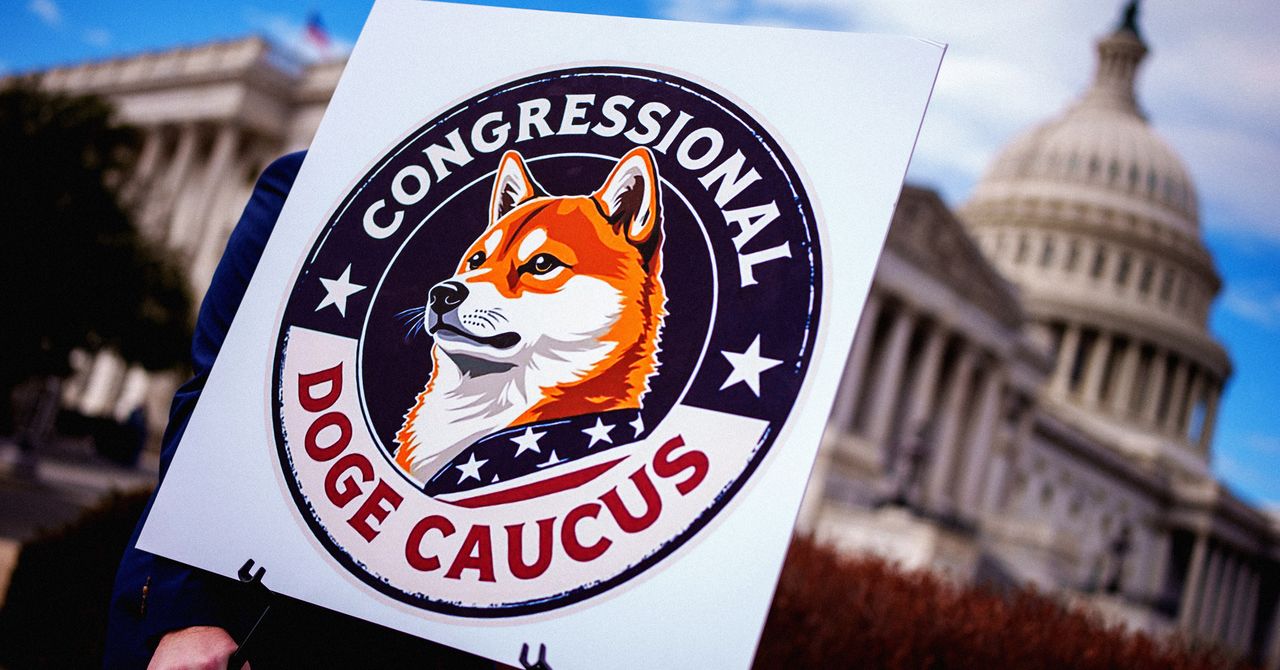According to sources with direct knowledge, Jancso revealed that Acceleratex signed a partnership agreement with Palantir in 2024. According to the LinkedIn of someone described as one of Acceleratex’s founders, Rachel Yee, the company seems to have received financing from Openai’s Converge 2 Accelerator. Another one of Acceleratesf’s co -founders, Kay Sorin, is now working for Openai, after joining the company a few months later. Sorin and Yee did not respond to requests for comment.
Jancso’s co -founder Jordan Wick, a former Waymo engineer, has been an active member of Doge for the past few months, and has appeared at various agencies, including the Bureau of Consumer Financial Protection, National Council for Labor Relations, the Department of Labor and the Department of Education over the past few months. In 2023, Jancso attended a hackathon hosted by Scalea; Wired found that another Doge member, Ethan Shaotran, also attended the same hackathon.
Since its creation in the first days of the Second Trump administration, Doge has forced the use of AI over agencies, even though he has tried to cut tens of thousands of federal posts. At the Department of Veterans issues, a Doge employee suggested that AI be used to write code for the agency’s website; At the General Services Administration, Dog rolled out the GSAI -Chatbot; The group tried to automate the process of shooting government officials with an instrument called Autorif; and a Stening operator at the Department of Housing and Urban Development uses AI instruments to investigate and represent changes to regulations. But experts believe that the deployment of AI agents to do the work of 70,000 people would be difficult, if not impossible.
A federal employee with knowledge of government contracting, who spoke with wired on condition of anonymity because they were not authorized to talk to the press, says: “Many agencies have procedures that can differ greatly based on their own rules and regulations, and to deploy AI agencies on scale agencies are likely to be very difficult.”
Etzioni, co -founder of the AI, says although AI agents can be good at doing a few things -such as using an internet browser to do research -their outputs can still be very different and very unreliable. For example, customer service -AI agents did not -existing policy invented when trying to address the concerns of users. Even research, he says, requires that one actually make sure what the AI spits out is correct.
“We want our government to be something we can rely on, unlike something that is on the absolute bleeding lead,” says Etzioni. “We don’t need to be bureaucratic and slow, but if corporations have not yet adopted it, the government is really where we want to experiment with the forefront AI?”
Etzioni says that AI agents are also not a good 1-1 for work replacements. On the contrary, AI can perform certain tasks or make others more effective, but the idea that the technology can do the work of 70,000 employees would not be possible. “Unless you use funny math,” he says, “no way.”
